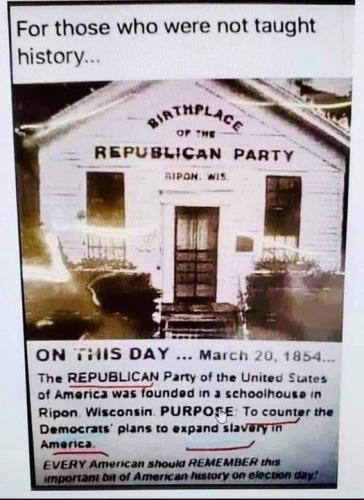Democratic Party Platform; June 18, 18601. Resolved, That we, the Democracy of the Union in Convention assembled, hereby declare our affirmance of the resolutions unanimously adopted and declared as a platform of principles by the Democratic Convention at Cincinnati, in the year 1856, believing that Democratic principles are unchangeable in their nature, when applied to the same subject matters; and we recommend, as the only further resolutions, the following: 2. Inasmuch as difference of opinion exists in the Democratic party as to the nature and extent of the powers of a Territorial Legislature, and as to the powers and duties of Congress, under the Constitution of the United States, over the institution of slavery within the Territories, Resolved, That the Democratic party will abide by the decision of the Supreme Court of the United States upon these questions of Constitutional Law [N.B. The Supreme Court's 1857 decision in the Dred Scott case was among the most consequential in American history and key aspects of it are ironic in hindsight. ... In the Dred Scott decision, the Supreme Court concluded that, under the U.S. Constitution, states had no right prohibit slavery. The infamous, oft-quoted conclusion of the Supreme Court’s decision, written by Chief Justice Roger B. Taney, was that current or former slaves and their descendants had “no rights which the white man was bound to respect.”Taney wrote in the majority decision:“In the opinion of the court, the legislation and histories of the times, and the language used in the Declaration of Independence, show, that neither the class of persons who had been imported as slaves, nor their descendants, whether they had become free or not, were then acknowledged as a part of the people, nor intended to be included in the general words used in that memorable instrument...They had for more than a century before been regarded as beings of an inferior order, and altogether unfit to associate with the white race, either in social or political relations; and so far inferior, that they had no rights which the white man was bound to respect; and that the negro might justly and lawfully be reduced to slavery for his benefit."]3. Resolved, That it is the duty of the United States to afford ample and complete protection to all its citizens, whether at home or abroad, and whether native or foreign born. 4. Resolved, That one of the necessities of the age, in a military, commercial, and postal point of view, is speedy communications between the Atlantic and Pacific States; and the Democratic party pledge such Constitutional Government aid as will insure the construction of a Railroad to the Pacific coast, at the earliest practicable period. 5. Resolved, that the Democratic party are in favor of the acquisition of the Island of Cuba on such terms as shall be honorable to ourselves and just to Spain. 6. Resolved, That the enactments of the State Legislatures to defeat the faithful execution of the Fugitive Slave Law, are hostile in character, subversive of the Constitution, and revolutionary in their effect. 7. Resolved, That it is in accordance with the interpretation of the Cincinnati platform, that during the existence of the Territorial Governments the measure of restriction, whatever it may be, imposed by the Federal Constitution on the power of the Territorial Legislature over the subject of the domestic relations, as the same has been, or shall hereafter be finally determined by the Supreme Court of the United States, should be respected by all good citizens, and enforced with promptness and fidelity by every branch of the general government. June 18, 1860.Feel free to save this and teach the younger generation
In Album: John Lepore Jr's Timeline Photos
Dimension:
720 x 720
File Size:
80.61 Kb

Like (4)
Loading...

Dave Thomas







